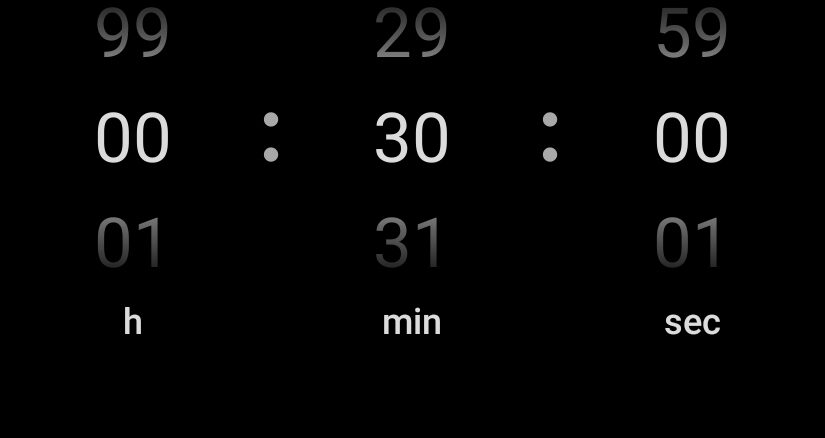By Nathan Chua
If you take a closer look at the title of this article, you might see that one word is not capitalized. First of all, it’s what I learned in English composition about how titles should be written. Prepositions are supposed to remain in the lower case when inserted into a title. Secondly and coincidentally, it is probably what would make the approach I use a bit different from what you would mostly encounter in other mainstream therapies. I used the word, “with.” I could have written something like, “Living FREE of your Obsessive Thoughts,” or “Living with LESS Obsessive Thoughts,” or “OVERCOMING Obsessive Thoughts,” or “MANAGING Obsessive Thoughts.” However, that would just take me to the same agenda that is, as I said, mostly what you would expect from the mainstream.
The “”with” part is a big part of what I do in Acceptance and Commitment Therapy or Training (ACT). You might now be worried or your mind is begging you to ask, “Are you into some kind of torture method?…Don’t you have a way of bringing me at least some relief from these obsessive thoughts? Well, of course we all want relief, and that’s pretty much why people come to see a shrink. But it’s in the “how” you get relief that makes it problematic.
The automatic reaction which is logical, reasonable, and sensible, is to come to therapy with the idea that I can somehow magically remove or lessen your obsessive thoughts. As a renowned psychologist would say, and I paraphrase, “You just happen to be doing what’s reasonable, logical, sensible, and by the way, pathological. It’s logical but it’s also nuts!”
Now before you come to me for help, I want you to notice what it is that you have tried to get rid of those thoughts. Have you taken pills? Have you tried to reason out to yourself to relieve yourself of those thoughts? Have you opted out of things you used to do, hoping that if you stop doing them, you wouldn’t be reminded of those thoughts?
So my next question is, “Have those attempts worked?” Have you been able to remove such obsessions that your mind gives you? Well, you could say yes they have, but if you come to me, then ask yourself, “What for?” Most likely, you are reading this or coming to see me because the thoughts have remained. Yes, they did leave you for a while, but they seem to catch up with you sooner or later.
So let’s do one of my favorite ACT exercises to help you live WITH your obsessive thoughts. On a piece of paper, write down all the difficult obsessive thoughts that you have. You may even include some feelings or bodily sensations that come with those thoughts.
Now, do this. Put it in your pocket and answer a few questions.
- Do you have to want to put this paper in your pocket, to put it in your pocket?
- Does it take a lot of effort to put it in your pocket?
- Do you have to change anything that you have written in this piece of paper in order to put it in your pocket?
- Do you have to believe in what you wrote in this piece of paper to put it in your pocket?
- Do you have to pretend to put the paper in your pocket in order to put it in your pocket?
If all your answers here are no, then put it in your pocket. If you answer yes to any, think about why your answer is yes. Are you trying to suppress these thoughts? Are you playing the role of another person you think will represent who you are? Are you trying to argue with such thoughts? How many of these have you already tried before? Have they worked to get you to live the life you want or be the person you want to be?
If you’re one who answered no, then put this in your pocket to remind yourself that you are willing to have this because it is in your own best interest to have all these thoughts in your pocket and still do what’s important to you.
Let me end with a quote from a book that also quotes a regular person who had attended an ACT group. This is one of a number who described what willingness meant to them and to their lives:
“Why willingness? Because it is a normal human process to feel pain, and it is inhumane and unloving to try to hold myself to a different standard,” from an anonymous ACT training participant, taken from a book co-written by Steven C. Hayes.


